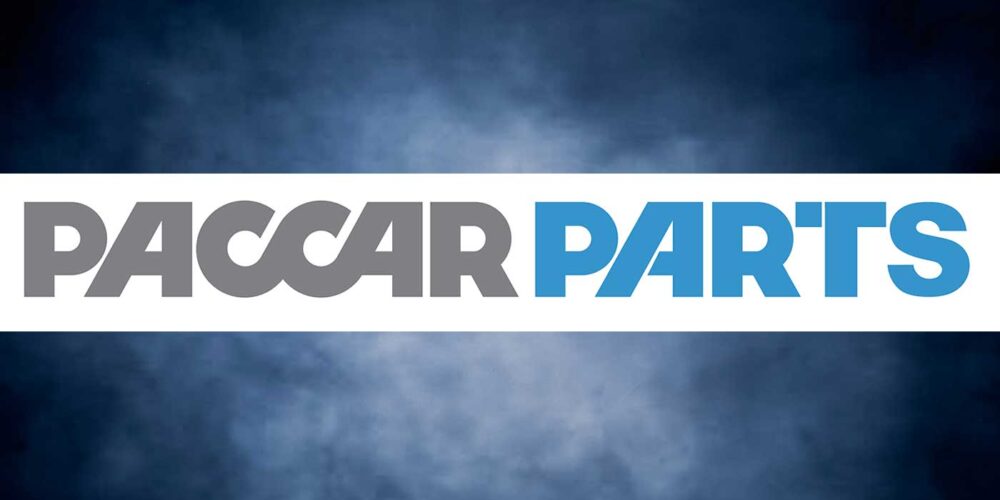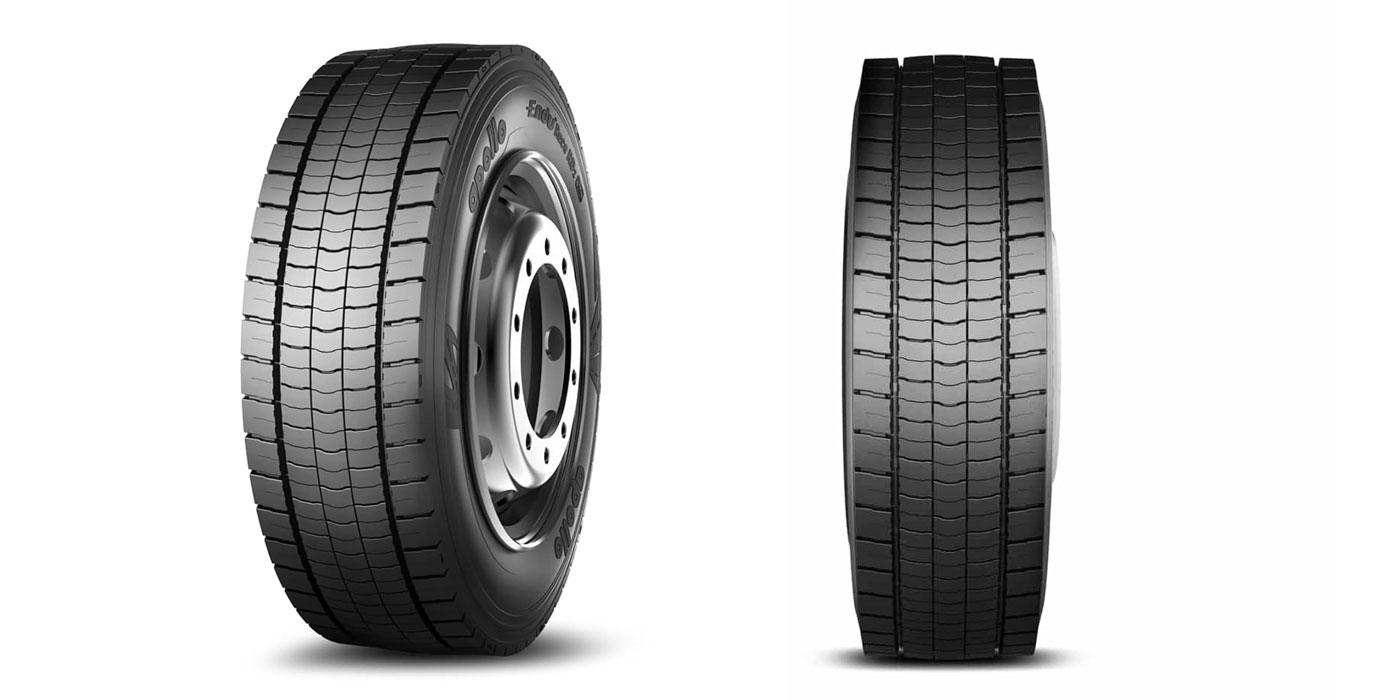Let’s discuss unintended consequences of our lack of a national energy policy, and point out the need to develop one ASAP.
The Chinese are competing with us for natural resources. China represents 9.4% of the world’s economy, yet the country is currently purchasing 46.9% of the world’s coal, 47% of the world’s iron ore and 53% of the world’s cement. The Chinese are growing their gross domestic product (GDP) at a rate of 10.6% per year. Our GDP growth rate is less than 2% per year. India is right behind China in the quest for natural resources.
One unintended consequence of our lack of a national energy policy is U.S. corporations’ decisions to export coal to foreign markets like China, because environmentalists, in their push for cleaner fuels, have hampered big coal’s profitability in this country. A switch from coal to natural gas makes great sense, but we are not yet ready to convert all power generators, and the demand for electricity is soaring.
Environmentalists also want us to switch from an oil-fueled economy to one based on alternate fuels immediately. But again, we are nowhere near ready to do this. Alternate fuels supply less than 8% of our current energy requirement, and it will be decades before alternate fuels can supply the majority of our needs economically.
Ethanol is a perfect example of charging off down the wrong path, because environmentalists partnered up with the farm lobby to push corn-based ethanol on us. Unintended consequences of corn-based ethanol include higher food and cattle feed prices, increased global warming, increased usage of our water supply, decreased fuel economy, and more vehicular maintenance. Cellulosic ethanol makes sense, but corn-based ethanol is costing our nation a fortune.
Let’s look objectively at our nation’s energy requirements. We have depended on coal to generate electricity and crude oil to fuel industry since the Industrial Revolution. It will take decades to significantly change this dependency.
In the meantime, oil production around the world has peaked. A Shell geologist (Hubbert) predicted U.S. oil production would peak in the ’70s, and it did peak in 1971. Alaska, California and Texas have all lost significant crude oil production since the 1980s. Only North Dakota (the Williston Basin) is currently increasing oil production. It now appears that Saudi Arabia may have reached peak oil production in 2006. Goldman Sachs recently warned of an oil supply crisis as early as 2012 if we can’t increase world oil production significantly before then.
The U.S. has imported over 50% of its crude oil requirements for years, but recently more of these imports are coming from the Canadian side of the Williston Basin. The U. S. needs to increase exploration and production in Montana and South Dakota if we hope to decrease oil importation significantly. Let’s also hope OPEC will decide to increase oil exports to avoid a worldwide oil shortage in 2012.
It’s easy to predict that we won’t require significantly more crude oil in the next year or two. However, it’s not just about the U.S. anymore. Worldwide oil demand is predicted to increase by 40% to 50% by 2030. There will be tremendous international price competition for the crude oil that is available on the market.
I believe our government needs to approve every well-thought-out request for pipelines and refineries in the U.S. before we have to purchase additional foreign crude. I also contend that we need to back away from Cap and Trade legislation, because it accomplished nothing positive in Europe. The unintended consequences of Cap and Trade legislation in the U.S. will be to increase our fuel (and food) prices significantly.
We need to ensure our nation’s energy independency now, then phase in alternate fuels as they become both available and economically feasible. Isn’t that what our national energy policy should say?













